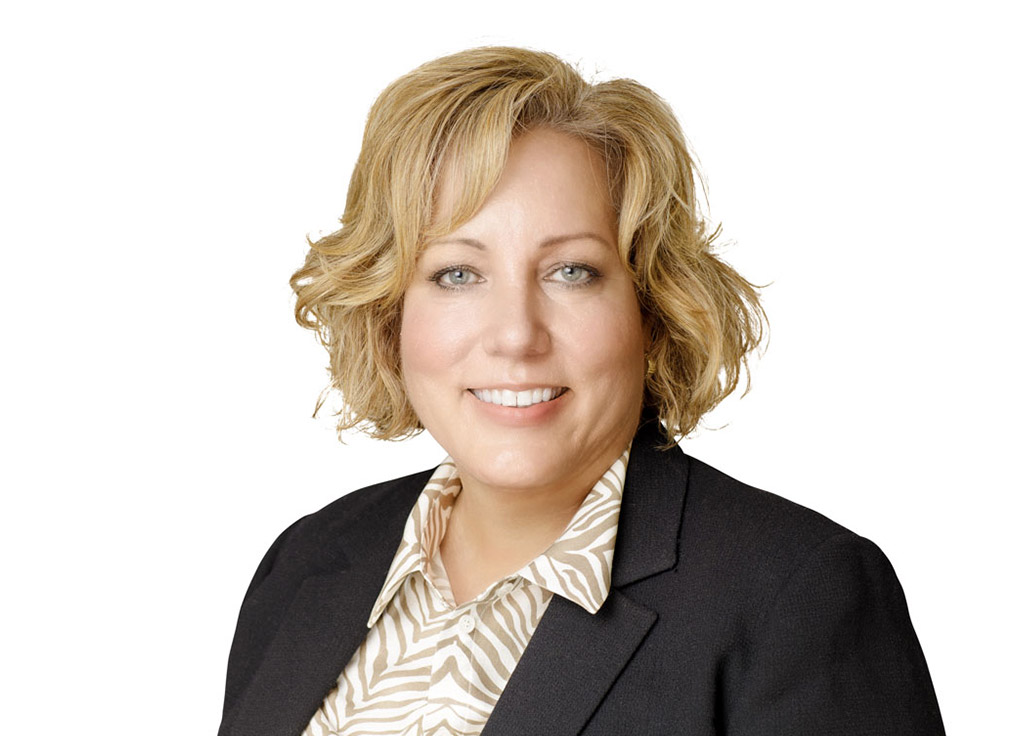
With outsourcing and selection of third-parties for joint work such a major issue in many pharma companies today, it is important to understand how best to qualify new vendors and ensure full oversight as work continues. Proventa spoke to Dr Eyal S. Ron, Principal at MADASH, about the best ways to revert poor cultures around outsourcing and how to ensure good vendor oversight post-COVID.
Proventa International: Tell us about your own work, and particularly your experience with vendor qualification and oversight?
Eyal Ron: I largely work as Chief Technical Officer (CTO) of early-stage companies, usually in an acting capacity. I aid companies in setting up their infrastructure through virtual contract vendors. Part of this role is to select contract vendors which compliment the company itself. Every company has different needs and culture, and that’s something one has to align with the vendor audit.
The other part of the acting CTO role is a physical audit with individuals at the CRO, meeting the people who the customer will work with and their facilities. It’s vital to get a feel for the team on the other side of the outsourcing effort, and evaluate whether there is a synergy between the two partiels that will make the partnership successful.
PI: Do most companies have good processes in place for vendor oversight? Are there often cultural issues when seeking out vendors?
ER: It varies. I’ve seen companies where the founding team are certain of the right solution, and use an individual or company they know and like. This can often be a poor decision, and one I’ve had to correct in the past. Others select the cheapest vendor. Both cases are rarely the right option. That said, there isn’t one system that works for all companies either.
My goal when entering a company is to determine why they made the decisions they made, and whether the vendor is right for them – based on my experience. Sometimes a contract has already been signed, and you just have to run with the hand you are dealt. But sometimes you do have an opportunity to sit back, discuss and change course, and decide who will be the right vendor for that specific company. Though that certainly requires additional efforts on my part!
PI: Are the decisions that need to be made affected by region – e.g. different regulations, client needs etc? Do you advise clients take region into account?
ER: I have an international mindset – I don’t think companies should select the vendors limited by region. If one could access a great vendor afar, there’s no point in limiting the geographical region and missing out on their services. Today everything is much more international in terms of communication – if they’re the best in class vendor and provide good services, they should be a potential option for outsourcing.
PI: What are the key points a company should think about when choosing a vendor?
ER: Quality of the vendor is extremely important, obviously, but in particular do they have expertise and excellence in the area you’re looking for? In drug discovery, a company that is great in oncology could still be unprepared or less excellent in endocrinology. This doesn’t mean they’re a bad company, of course, but the area simply isn’t their expertise. In that case, it is advisable not to use them for that purpose.
Culture is the next important point. Every vendor has a different culture. There are customers who are very organised and know what they want, and can dictate exactly their specifications and stick to them. Others are less clear, and need the vendor to be more flexible and change as they change their decisions. If the vendor is unable to accommodate this need for change, then they should look for another partner.
The last important point to bear in mind is cost. Every company is forced to work with certain constraints, and the costs of outsourcing should never be massive. Sometimes it is vital to set some requirements on the payment for completed work, e.g. paying in increments based on tranches attached to milestones (tranched financing), for example being clinic-ready. In this case the vendor must accept that they will only be paid when all necessities are met.
Obviously, all these constraints are independent of one another. But they all must be considered when finding a vendor, and at the end of the day they are all in one ‘bucket’ that goes towards finding the right vendor for you.
PI: How has vendor qualification and oversight changed during COVID-19? Will these changes remain, or revert to post-pandemic standards?
ER: Obviously, we haven’t been able to do face-to-face meetings since March 2020. Neither side wanted to travel during the pandemic. The problem was and still is that not everyone accepted Zoom as a suitable, viable alternative. If you’re one of those willing to go the Zoom route, you can have a very successful remote audit where the other side can still be met and spoken to. You can also have a functional tour of facilities using a camera on a phone, etc. Any procedures that need to be seen can be sent via computer drive.
Following the pandemic, I think we’ll see a mixed bag of online and in-person audits and meetings. Remote work is going to be faster, cheaper and more easy for everyone involved. But many will still prefer the more traditional of meeting in person.
It’s important to remember how much money can be saved with Zoom meetings. While obviously the time of the audit is the same in either case, companies will save two or three days of travel for an in-person audit, as well as the cost of travel and lodging.
PI: How will vendor identification and onboarding change in the next five years?
ER: The ability of vendors to accommodate their clients by remote interactions will improve, as some are not there yet. This will increase company efficiency, allowing companies to screen three or more vendors remotely and thus need to visit only one. The total removal of costly, challenging travel is difficult, however – I think it will not go away soon.
Further on, I see a need to standardise the process of selecting a vendor. Electronic systems will be able to screen vendors using data. With this, one would need to buy software that smaller companies simply cannot afford. It would be easier to identify the key elements that each vendor provides, and compare them directly against others more simply. We need an improvement in this – the ability to compare like for like, in a simple and swift manner.
Joshua Neil, Editor
Proventa International
Subscribe
to get our
LATEST NEWS
Related Posts

Interviews
Innovating the Canadian Biotech Sector with Joseph Mancini, adMare BioInnovations
With a wealth of globally-competitive scientific discovery, Canada is primed to lead the life sciences world. adMare is here to make that a reality!

Interviews
Leveraging Technology to Accelerate Trial Recruitment with Colleen Hoke, ObjectiveHealth
Utilizing proprietary technology, processes and trained on-site personnel, ObjectiveHealth delivers significant advances in the conduct of clinical research.
Read More Articles
Synthetic Chemistry’s Potential in Deciphering Antimicrobial Peptides
The saga of antimicrobial peptides unfolds as a testament to scientific ingenuity and therapeutic resilience.












